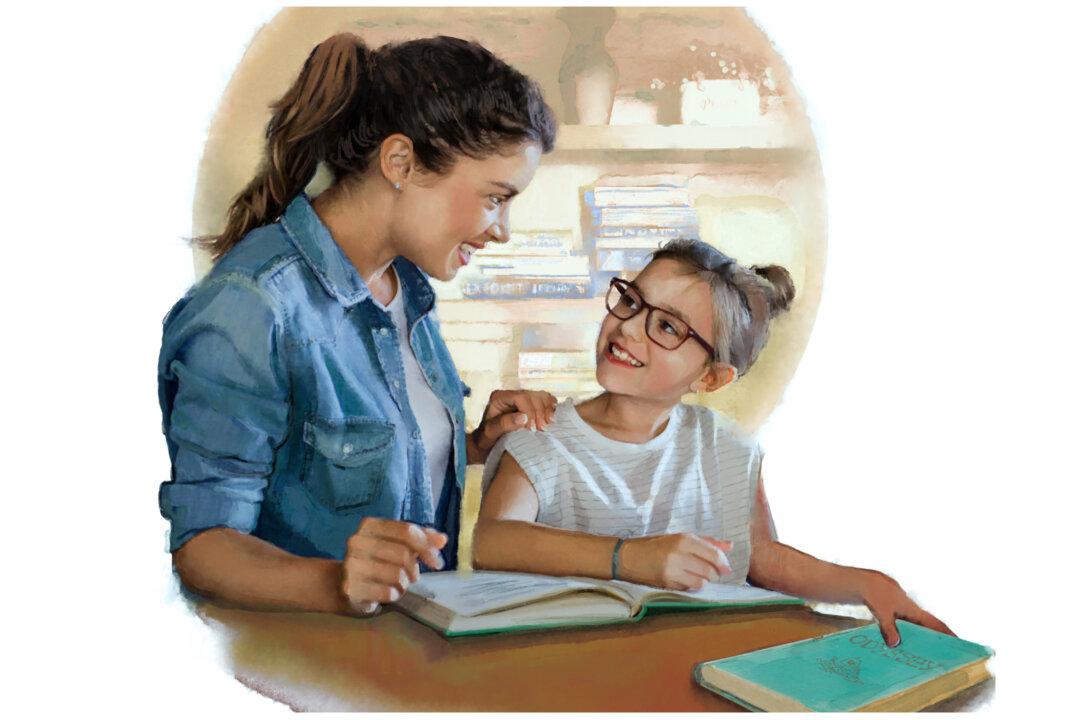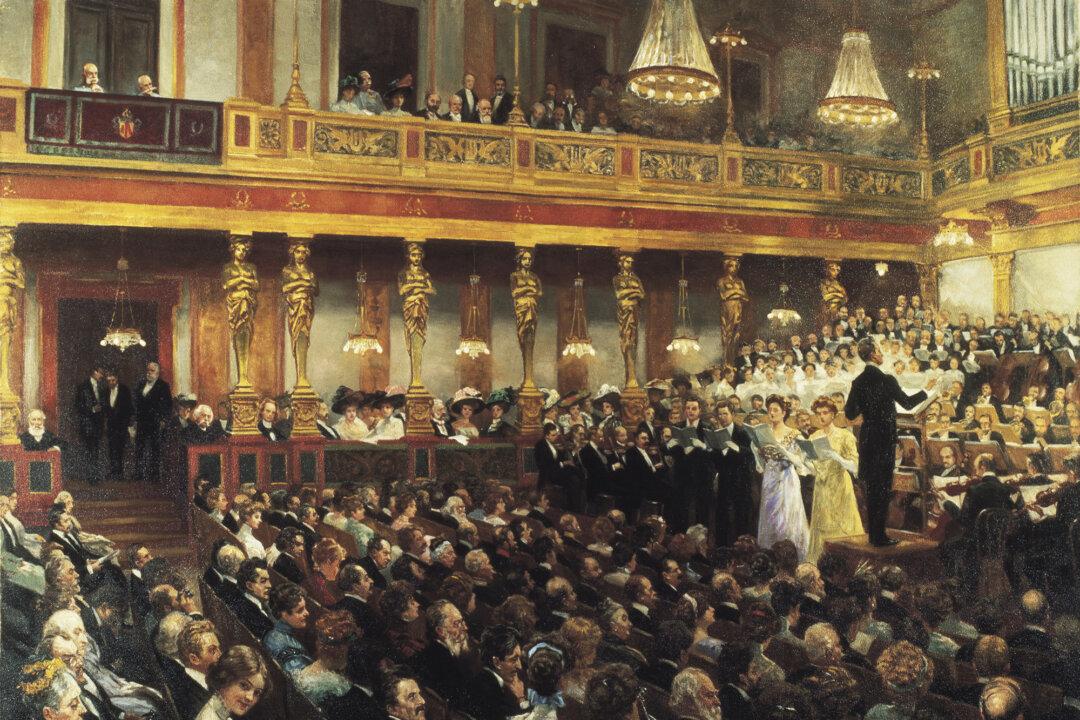The other day, a friend of mine posted on social media a picture of her three children, sitting in the living room, each with a nose in a book. She was having a proud mom moment, noting that she couldn’t believe the day had finally come when all her children were able to read on their own. And they were actually doing it.
Now, the trick is to keep those kids reading into adulthood. But that may be harder than it sounds.






